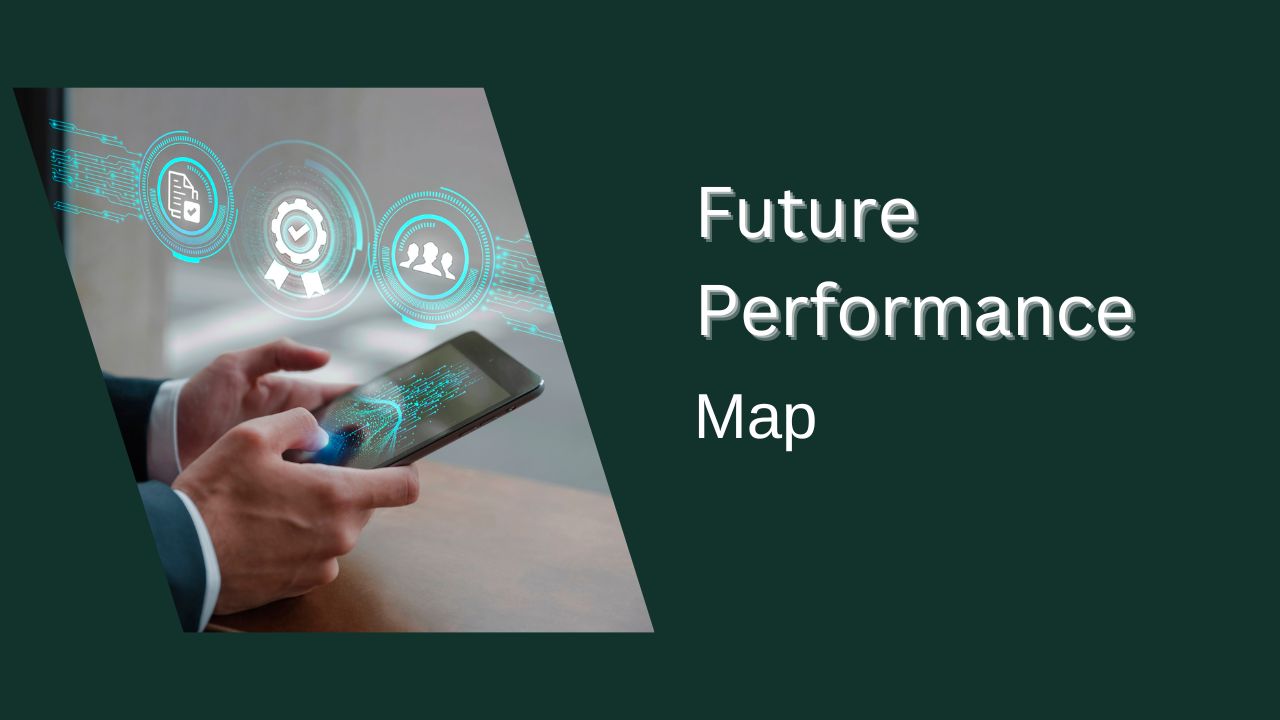Hello,
How Can We Help You?
Contact Form
Fill out the form and we will contact you as quickly as possible.
|

In today’s tech-driven era, mobile apps have become essential tools for users. As user expectations rise, the need for apps to perform quickly, reliably, and seamlessly grows ever more critical. This is where artificial intelligence steps in, revolutionizing the processes of mobile app performance monitoring and optimization. As of 2025, artificial intelligence in mobile app performance monitoring and optimization offers significant advantages to developers and businesses. Users demand apps that deliver uninterrupted experiences. Artificial intelligence meets this demand by making performance management smarter and more effective.
Artificial intelligence plays a pivotal role in monitoring mobile app performance. It uses real-time data analysis to track an app’s speed, resource usage, and potential errors. For instance, machine learning algorithms examine user behavior within the app to pinpoint performance drops instantly. This allows issues to be resolved swiftly.
Traditional monitoring methods often rely on manual processes and provide a limited scope. However, artificial intelligence automates these tasks, offering a broader monitoring perspective. When an app’s loading time slows down, AI detects it immediately and alerts developers. It also identifies which features consume excessive resources and suggests optimization strategies. This approach ensures the app remains reliable for users.
Artificial intelligence introduces innovative trends in mobile app performance optimization for 2025. These trends elevate user experience while providing developers with cutting-edge solutions. Here are some standout developments of this year:
These advancements showcase the power of artificial intelligence in performance management. Users expect apps to run quickly and smoothly. Artificial intelligence meets these expectations by making monitoring and optimization processes more proactive. In a video streaming app, AI analyzes connection speed to optimize video quality automatically. This ensures users enjoy a seamless experience.

Artificial intelligence brings numerous benefits to mobile app performance monitoring and optimization. Developers can offload complex data analysis to AI, enabling faster solutions. This streamlines the development process and enhances user satisfaction. Artificial intelligence eliminates manual monitoring efforts, saving valuable time.
Performance optimization emerges as one of AI’s most significant contributions. For example, in a social media app, artificial intelligence identifies which features use excessive memory and optimizes them. This results in faster operation and lower energy consumption. Artificial intelligence also analyzes user feedback to preemptively address performance issues. In an e-commerce app, AI spots delays in payment processes and refines them.
Monitoring processes become more efficient with artificial intelligence. Developers gain detailed insights into every stage of an app’s performance. In a news app, AI analyzes which content users engage with most to optimize loading times. This improves user experience and elevates the app’s overall performance.
Artificial intelligence reshapes mobile app performance monitoring and optimization across various industries. Here are some industry-specific examples:
E-commerce: E-commerce apps leverage artificial intelligence in mobile app performance monitoring and optimization to deliver faster shopping experiences. Artificial intelligence analyzes product page load times and optimizes them. In a shopping app, speeding up checkout processes increases purchase rates.
Gaming: Gaming apps use AI to monitor and resolve performance issues. For instance, in a racing game, artificial intelligence optimizes graphics settings based on the user’s device. Integration with voice assistants provides in-game performance reports.
Finance: Finance apps enhance transaction speed and reliability with AI. In a banking app, artificial intelligence monitors processing times to prevent delays. This builds user trust.
Entertainment: Entertainment apps offer uninterrupted experiences through AI. In a music app, artificial intelligence optimizes song loading times, reducing wait periods for users.
Artificial intelligence in mobile app performance monitoring and optimization will advance further in the future. New technologies will make performance management smarter and faster. For example, the widespread adoption of 5G will equip apps with real-time monitoring and optimization capabilities. Users will expect apps to consistently deliver peak performance.
Artificial intelligence will predict potential issues in advance, offering proactive solutions. In a video conferencing app, AI could analyze connection quality to prevent interruptions. This will make a substantial difference, particularly in business and communication apps. Developers will use artificial intelligence for deeper performance analysis to keep apps continuously refined.
In the future, artificial intelligence could create fully autonomous performance management systems. For instance, a developer might input basic parameters, and AI would automatically optimize the app’s performance. This will accelerate development processes and enhance the efficiency users gain from apps.
Artificial intelligence offers immense potential in performance monitoring and optimization but brings some challenges too. Data privacy stands out as a major concern. Analyzing user data can heighten security risks. This demands stricter security measures from developers.
Training artificial intelligence models requires vast amounts of data and resources. For small-scale teams, this can present a hurdle. Accessing and processing large datasets is a costly endeavor. Incorrect analyses by AI also pose risks. For example, an app might misdiagnose a performance issue and apply unnecessary optimizations.
Over-reliance on artificial intelligence could standardize performance management. Completely removing human input might limit innovative solutions. Developers should use AI as a tool while integrating their own expertise. This balance keeps performance management both effective and unique.
Artificial intelligence in mobile app performance monitoring and optimization remains a vital field shaping technology’s future. These innovations meet user expectations and elevate mobile app quality. In the future, AI’s influence in this area will grow stronger, enabling apps to achieve higher performance levels.
Contact Form
Fill out the form and we will contact you as quickly as possible.
 Notification Center 00:00
Notification Center 00:00